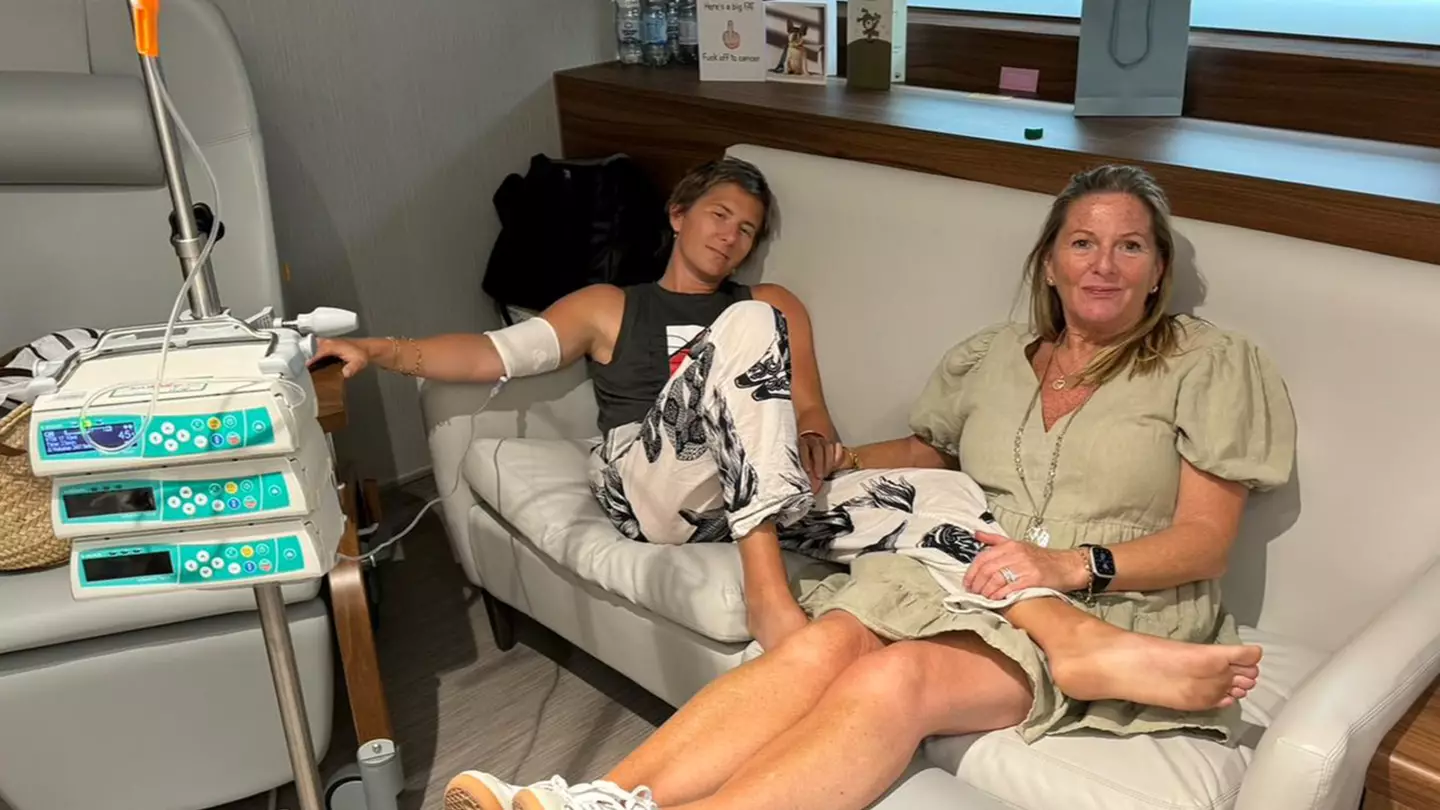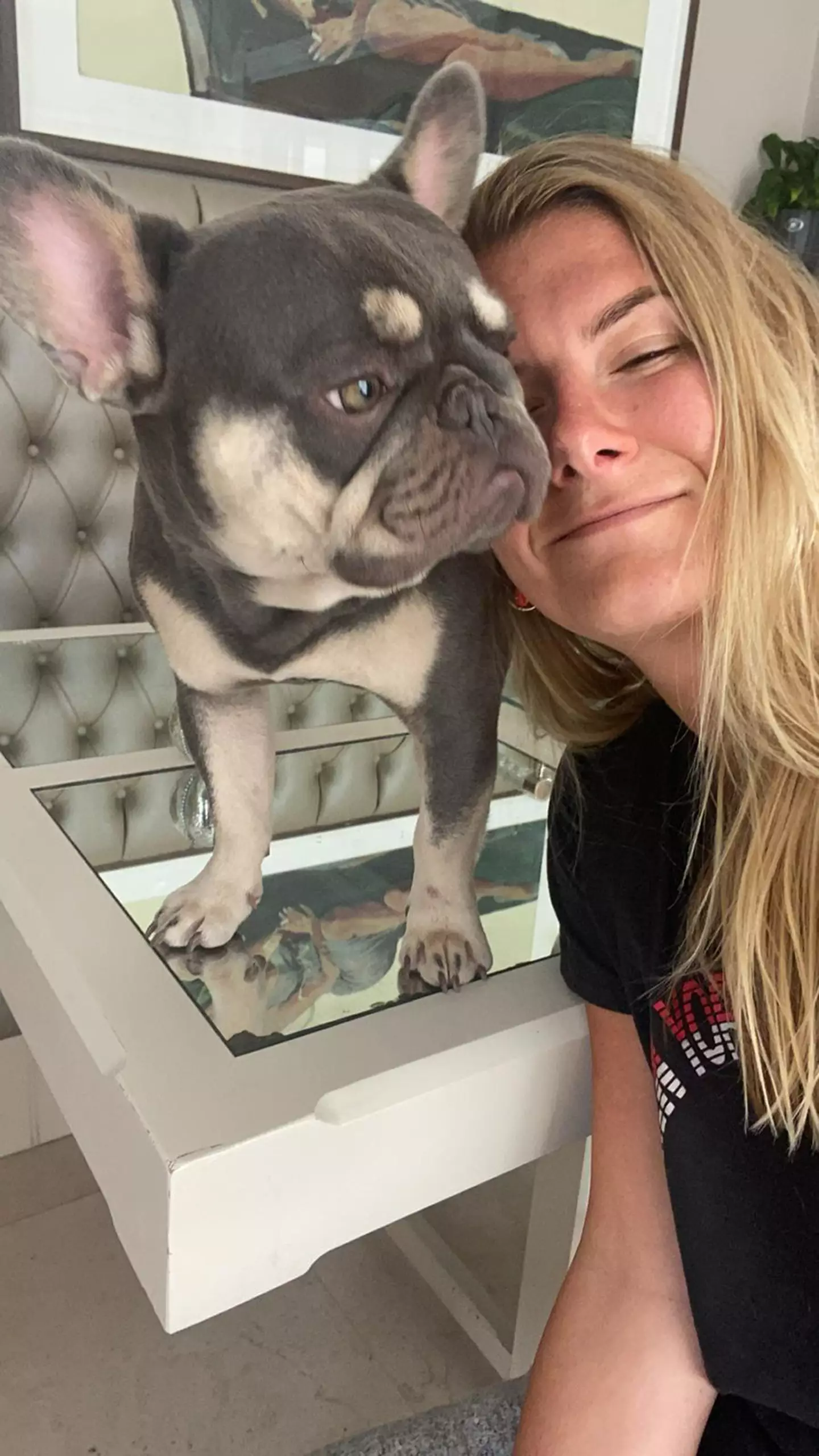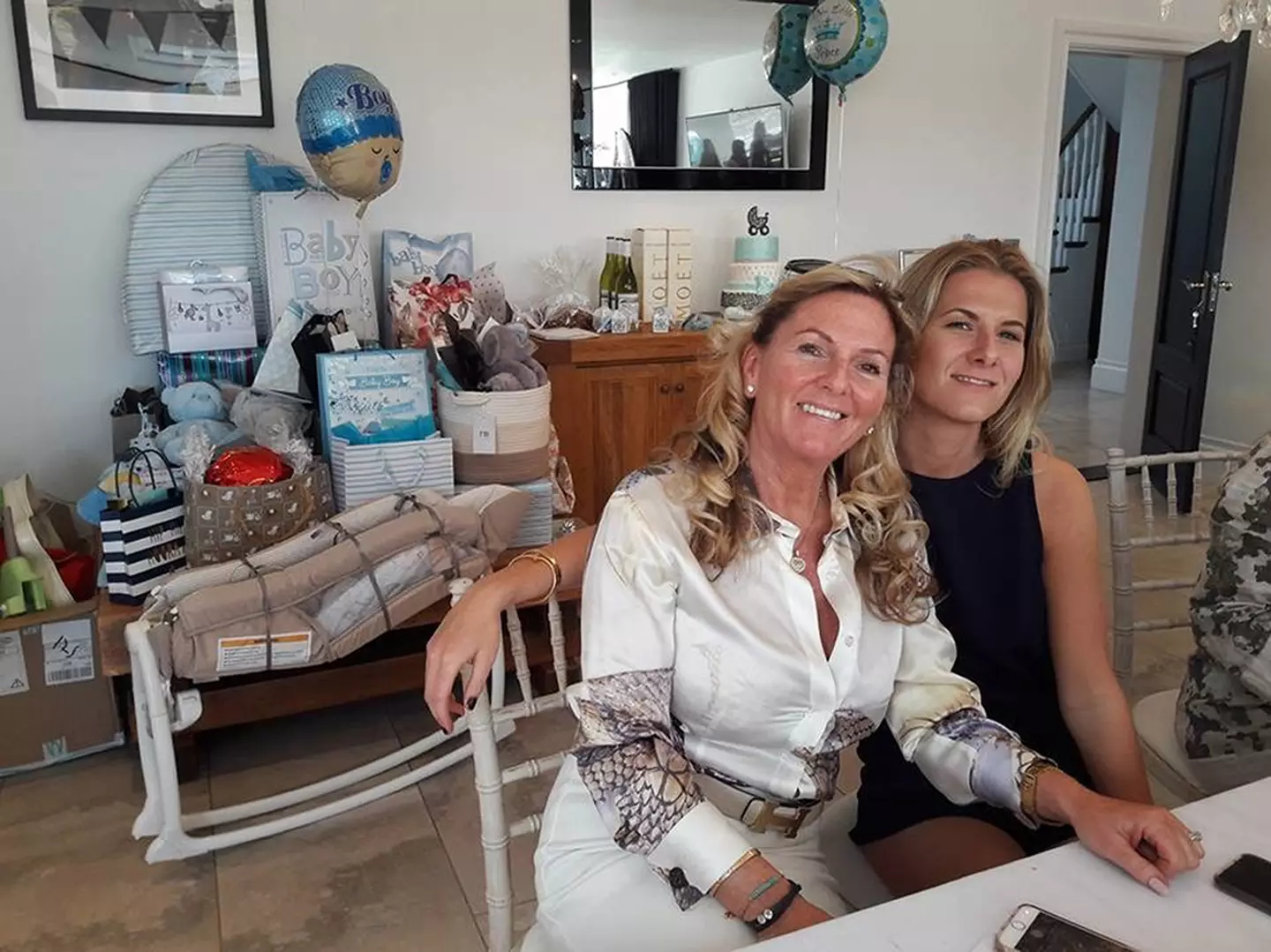
A 33-year-old woman from the UK has been given months to live after her concerning symptoms were mistaken for long Covid.
Back in late 2023, Olivia Knowles, from Blackpool, began experiencing headaches and tiredness and was told it was 'very likely long Covid'.
But after enduring extreme toothache, Olivia was later diagnosed with acute myeloid leukaemia (AML).
Leukaemia is a form of cancer of the white blood cells, with common symptoms including feeling tired or weak, breathlessness, and frequent infections, according to the NHS.
Advert
Olivia received a stem cell transplant in December 2024 and months later was declared cancer-free.

But just a week later, early last month, Olivia received the devastating news the leukaemia had returned and she now had just months to live.
On March 16, Olivia walked 20 miles around Fairhaven Lake in a bid to raise funds for clinical research at King’s College Hospital, which will hopefully help those going through similar now and in the future.
Advert
“I always thought that relapse would be a real possibility, but obviously, I just didn’t expect it to be so soon,” Olivia told PA Real Life.
“All I really miss now is going to work and training. That’s all I want – just my normal day and my normal routine.
“If you could have one day, it might sound odd to some people, but I would just love to take the dog for a run and go to work, more than anything.”
The relapse so soon after being told she was cancer-free shocked Olivia and her healthcare workers.
Advert
She said: “I’d been in for blood literally one week before. The blood work had been very good, no reason for concern.
“One week later, I showed active disease. My counts were off.”

And because the transplant had gone so well, doctors were said to have been 'blindsided' by the fact the cancer had returned.
Advert
“When I got the news, I wanted to go home,” Olivia continued.
“It was a bitter pill to swallow after being told there’s no disease.”
A new chemotherapy regime for Olivia commenced in late March and the Brit is hoping to take part in clinical trials in the coming weeks.
It's a huge setback for Olivia considering the treatment she had already received over the past year.
Advert
"We did almost do it, but ‘almost’ doesn’t matter," she said.
"I did this (walk) so one day the next 33-year-old, the next one-year-old, the next one-month-old, isn’t an ‘almost’.”
